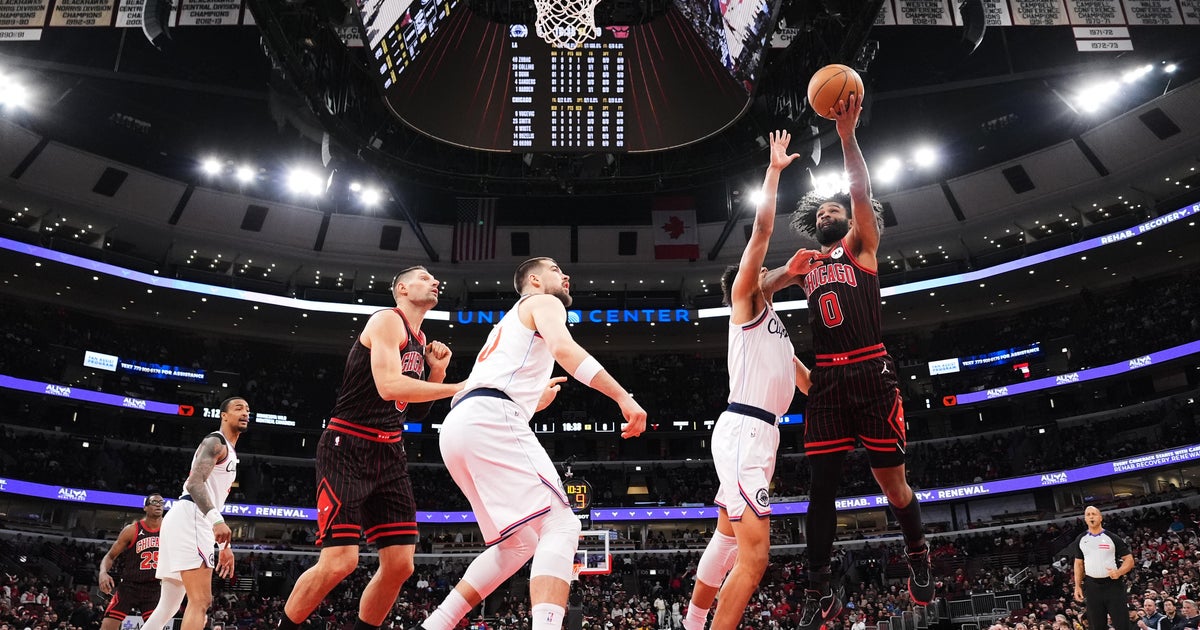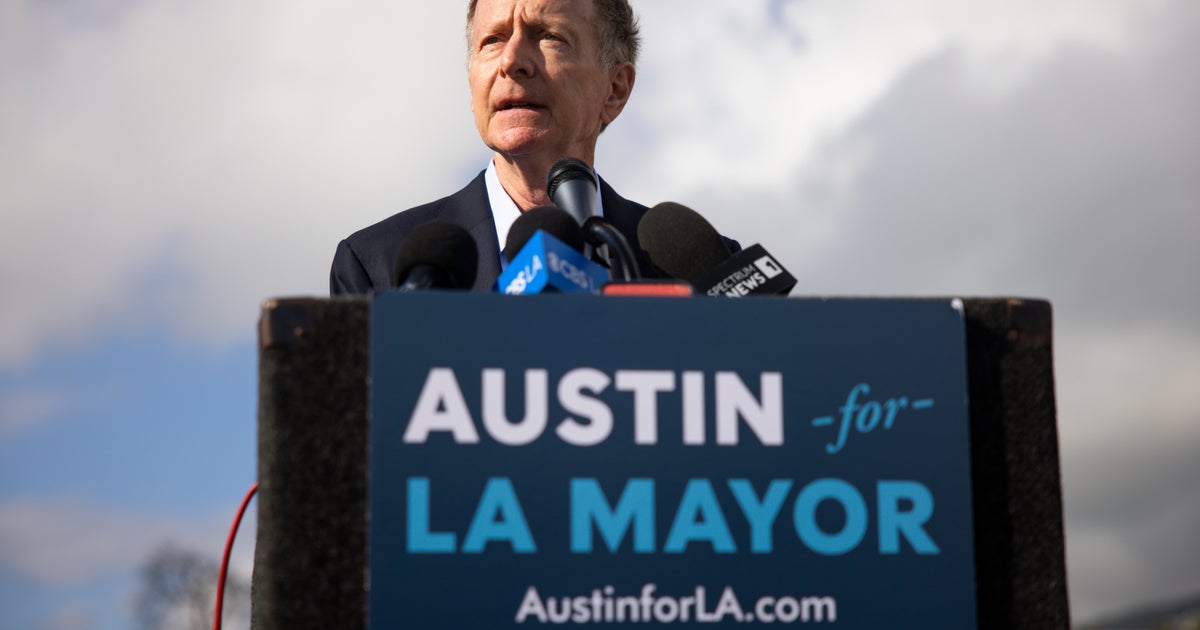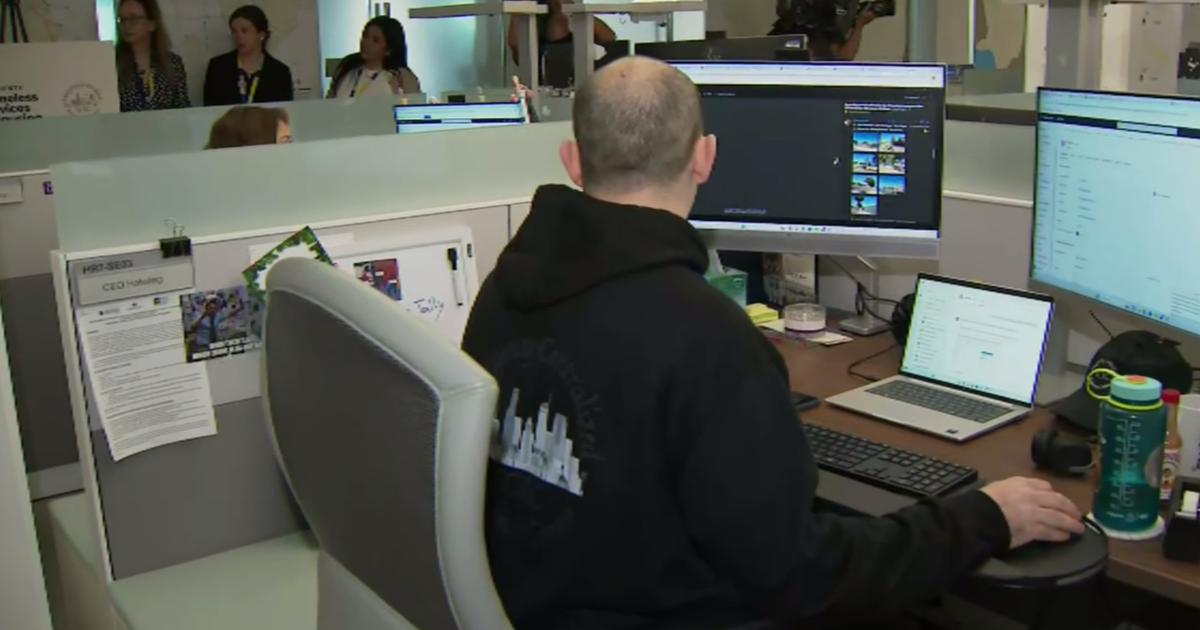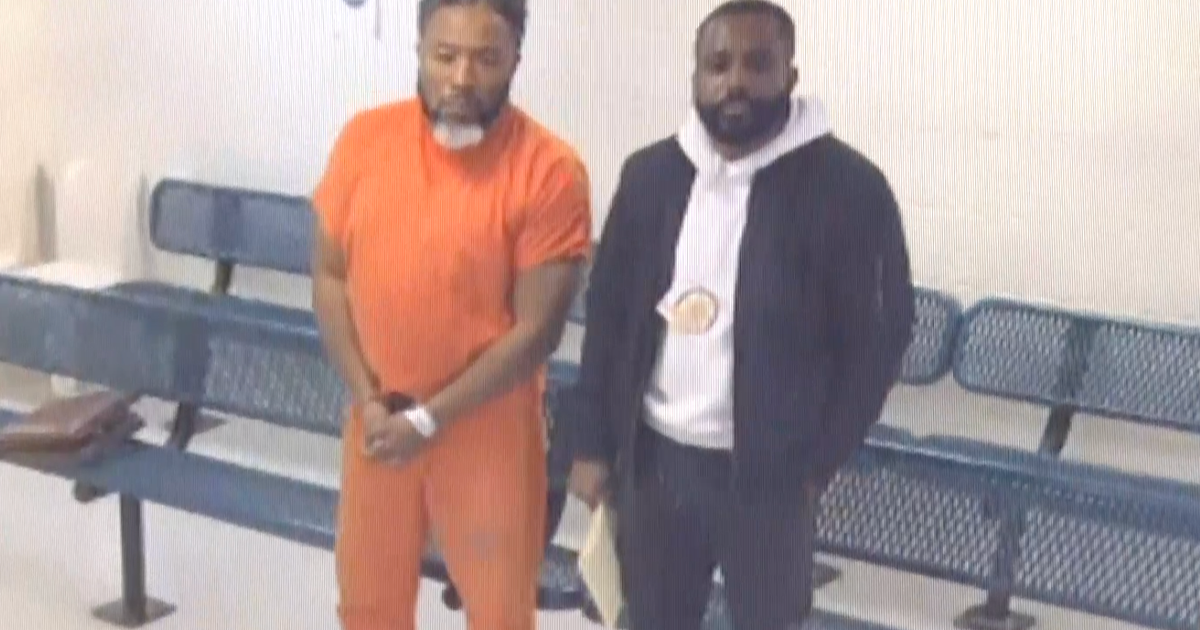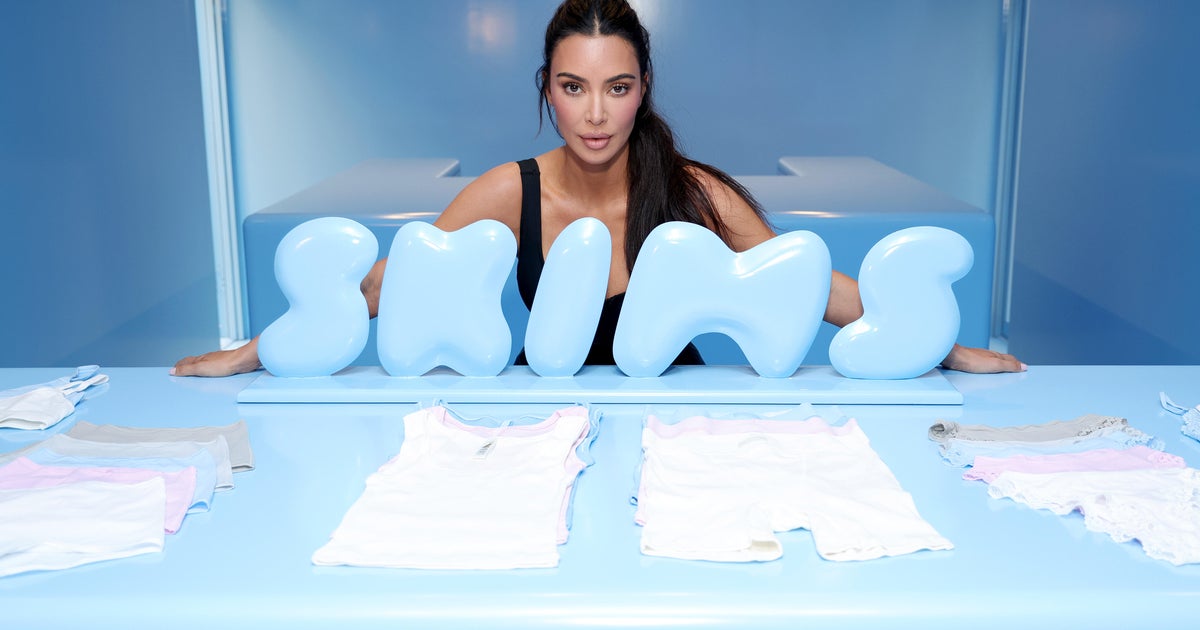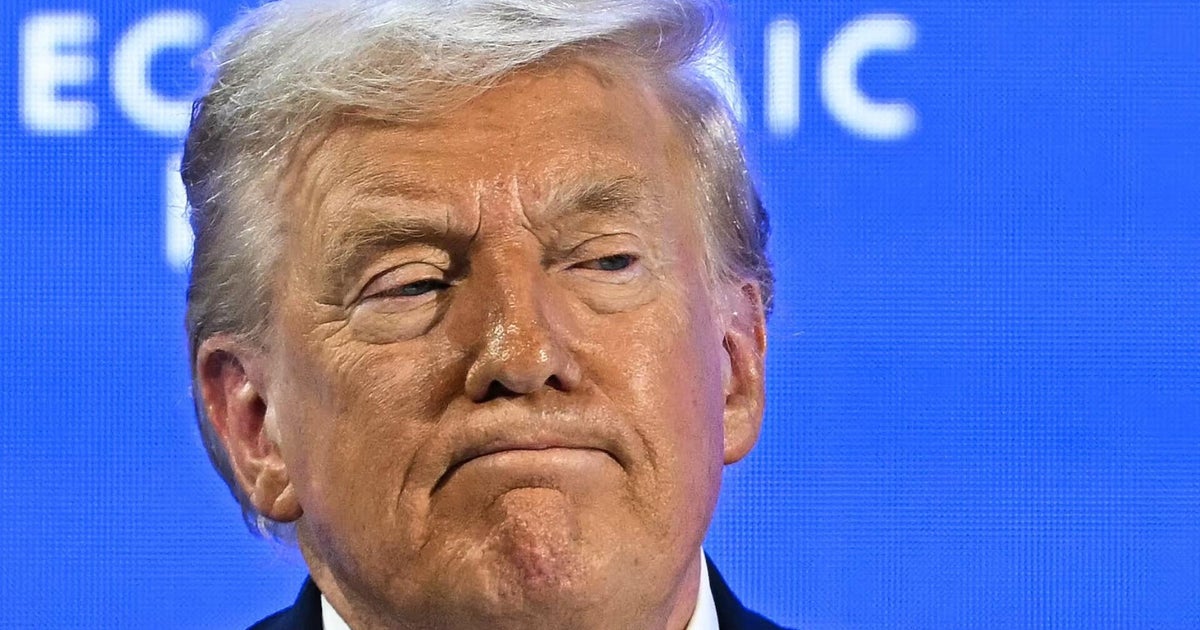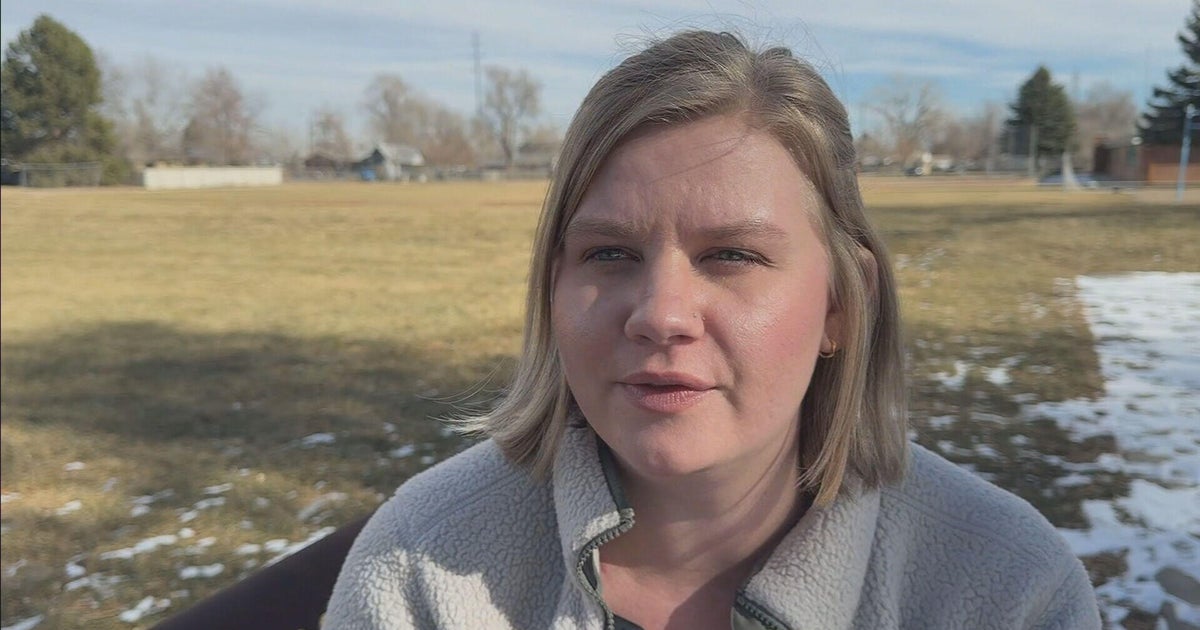Judge Hears Motion To Dismiss Ex-Clippers GM Discrimination Suit
LOS ANGELES (CBS) — Arguments for and against efforts by the Los Angeles Clippers and the NBA to have former general manager Elgin Baylor's race and age discrimination lawsuit against the team dismissed wrapped up Friday, with a decision expected next week.
Los Angeles Superior Court Judge Kenneth Freeman issued a tentative ruling Jan. 27 denying the motions, but agreed to hear final arguments.
He said he will have a final decision by next Thursday.
Team officials say Baylor resigned in October 2008 after 22 years as general manager. But Baylor claims in his 2009 lawsuit that he was "discriminated against and unceremoniously released from his position with the
team on account of his age and his race."
Baylor also claims he was "grossly underpaid during his tenure with the Clippers, never earning more than $350,000 per year, when compared with the compensation scheme for general managers employed by every other team in the NBA."
The NBA is named in the lawsuit as an alleged "joint venturer/partner of condoning, adopting and ratifying this discriminatory practice since the league is fully aware of salaries paid to all of the general managers."
In his ruling concerning the league, Freeman said there was a triable issue whether the NBA and the team are "integrated enterprises" with an "inter-relation" of operations.
Addressing the Clippers' dismissal motion, Freeman said it should be left up to a jury to decide whether the team took away Baylor's authority and responsibilities and whether team owner Donald Sterling and team president Andy Roeser made "condescending comments" regarding Baylor's age.
Clippers attorney Robert H. Platt argued today that none of the former Laker forward's allegations are supported by the evidence and are even contradicted by admissions he made in his deposition.
"Any way you look at this, there is nothing for a jury to decide," Platt said.
Although Roeser at one point believed the club should consider someone else at the helm, Sterling insisted Baylor remain, Platt said.
He said Baylor was never fired and was implored in a September 2008 letter to him from Roeser to return to his duties with a promise of no retaliation. However, Baylor did not take advantage of the opportunity and his
resignation was accepted about two weeks later, Platt said.
Attorney Carl Douglas, on behalf of Baylor, said the letter was a pretext and that Clipper management wanted his client to leave.
"It's important to consider that so much was done behind Mr. Baylor's back and never discussed with him," Douglas said.
Douglas referred to a declaration from Mike Dunleavy, in which the former Clipper coach said Roeser told him in September 2008 that Baylor might be leaving the team and that he "might be needed to assume the role of general manager."
Dunleavy's declaration was submitted nine months before he was sued by the team for reasons related to his employment contract and whether he intended to coach for the 2010-11 season. The suit was dropped in November.
Dunleavy resigned as coach last February and remained on as general manager for a month, after which he was fired.
The Clippers qualified for the playoffs four times during Baylor's 22 seasons as general manager. He was named the NBA Executive of the Year following the 2005-06 season when the Clippers reached the Western Conference semifinals, the farthest they progressed in the playoffs since the 1975-76 season when they were the Buffalo Braves.
(©2010 CBS Local Media, a division of CBS Radio Inc. All Rights Reserved. This material may not be published, broadcast, rewritten, or redistributed. Wire services contributed to this report.)
